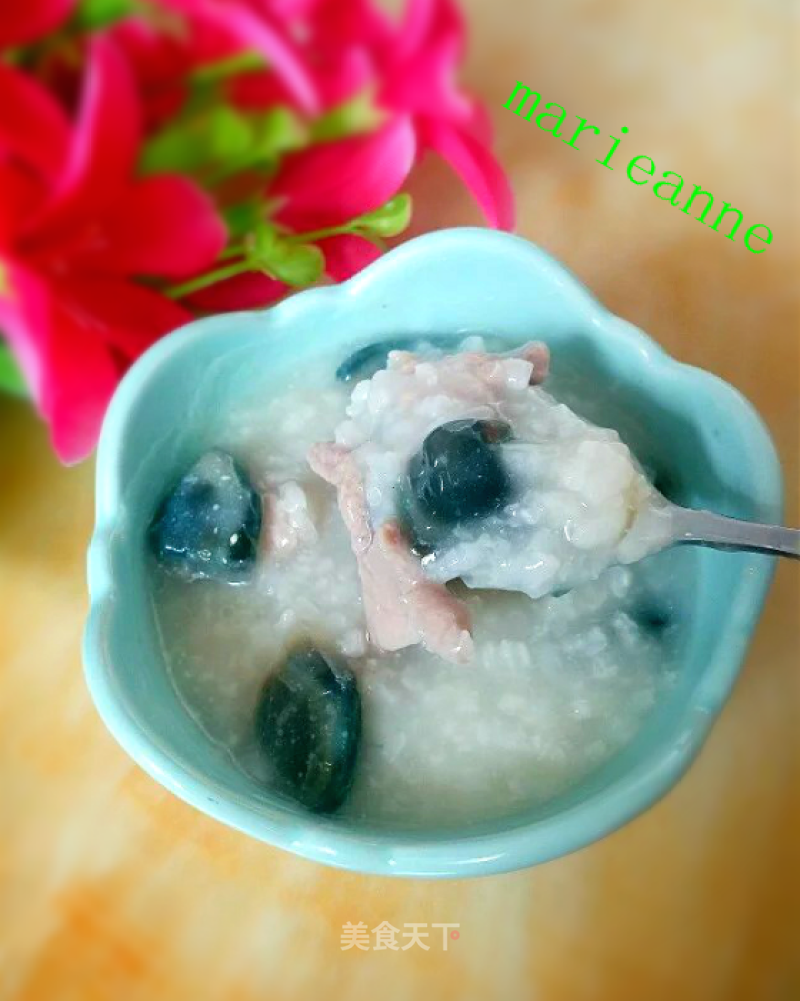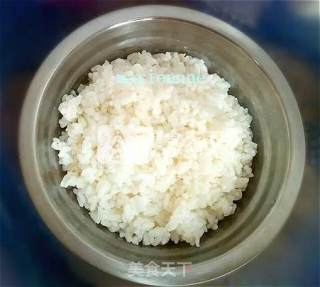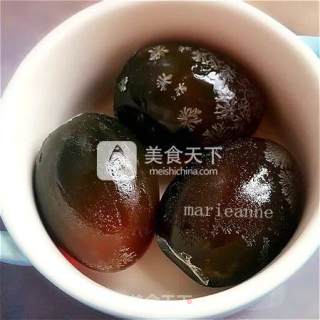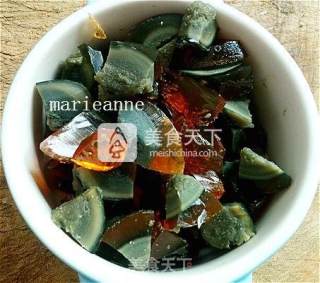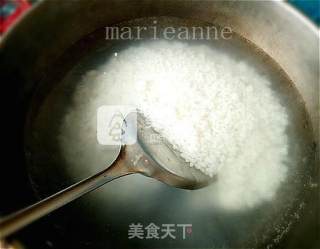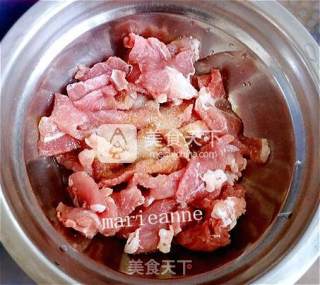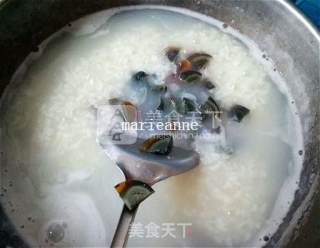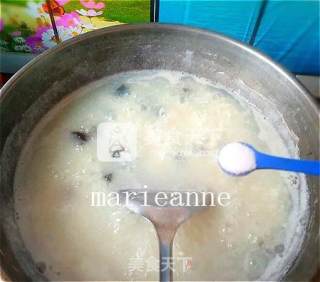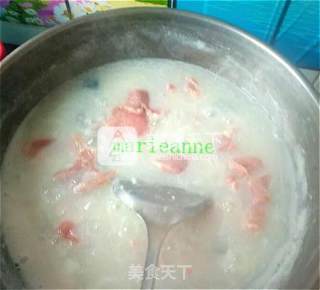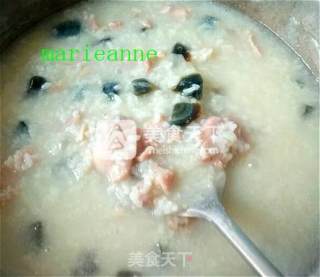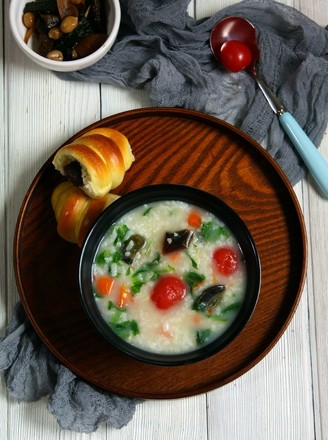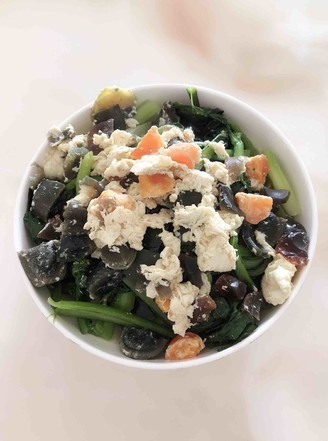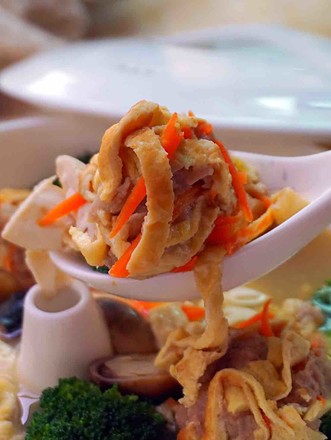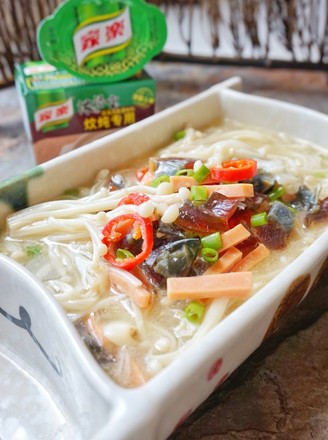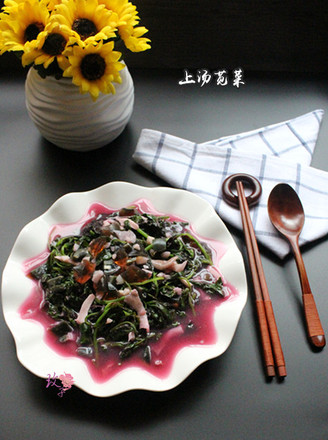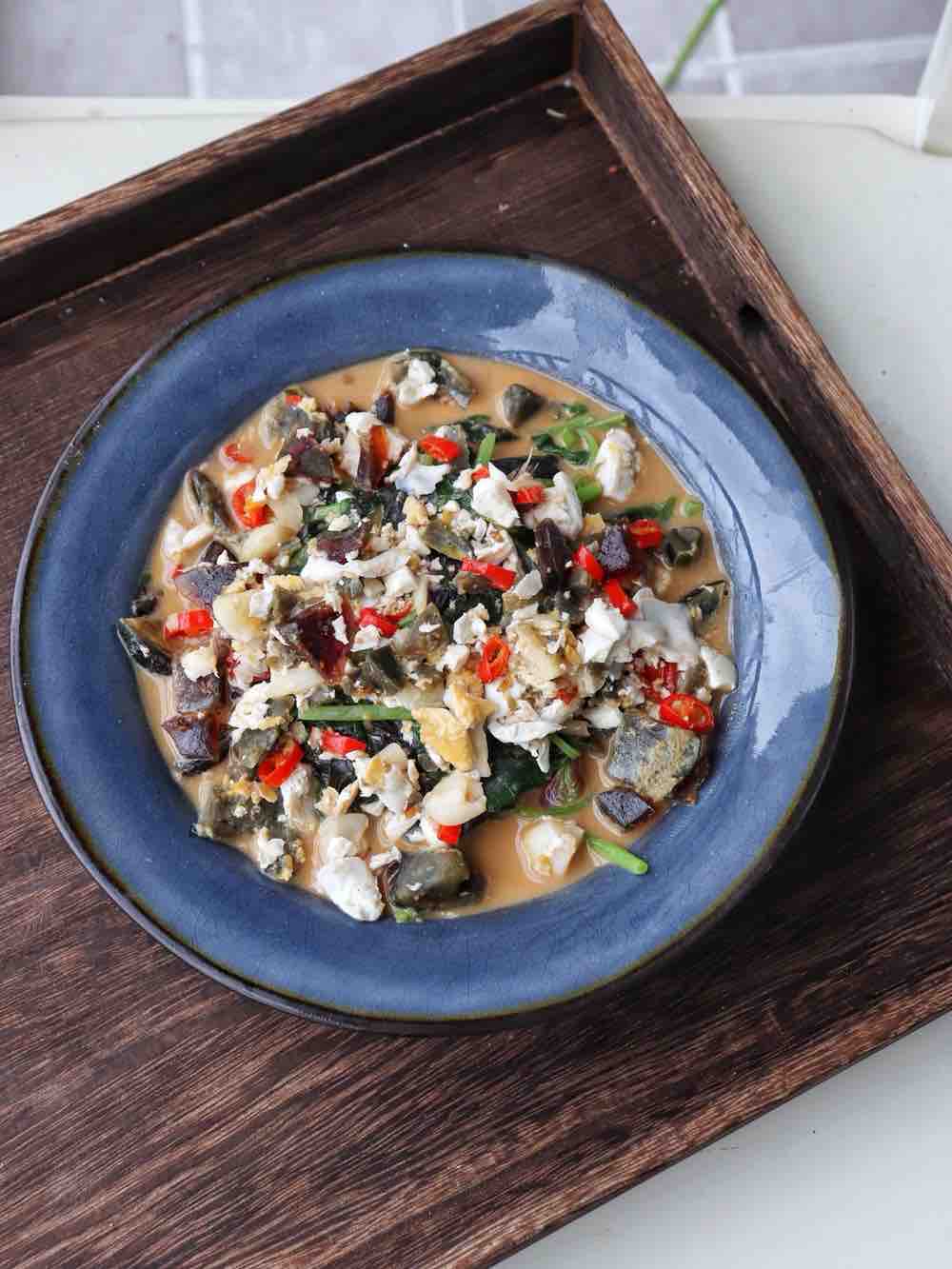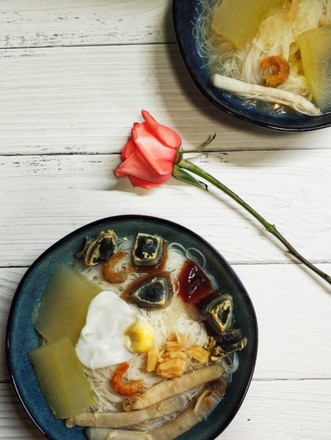Congee with Preserved Egg and Lean Meat
by marieanne
Favorite
Difficulty
Normal
Time
1h
Serving
2
Congee with preserved egg and lean meat is suitable for all seasons. It is light and rich in vitamins. It is nutritious and delicious. It is easily digested and absorbed by the body. Because the porridge is cooked for a long time, the cooking process is relatively low temperature, which is beneficial Reduce the decomposition and destruction of protein and fat, reduce the loss of some vitamins, and enable some minerals to escape and dissolve in the soup, so it has more nutritional value. Drinking porridge nourishes the intestines and stomach, increases appetite, and replenishes the water needed by the body, but it does not increase the burden on the digestive system and does not cause obesity. Drinking porridge at night can also help sleep, which is similar to drinking milk. Congee can also assist in the treatment of various diseases, health care, and prolong life. It is a good product for health care."

